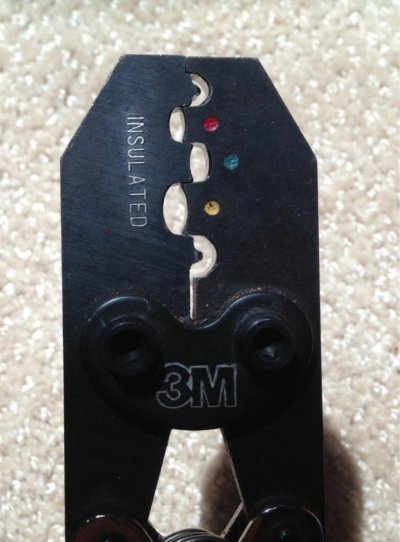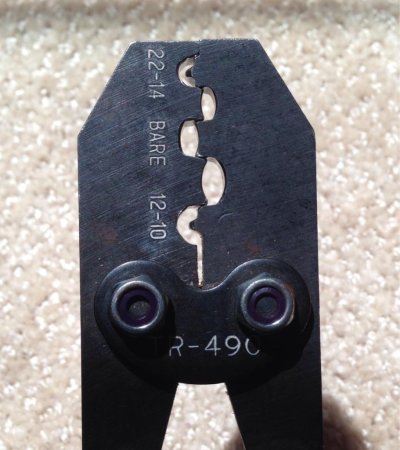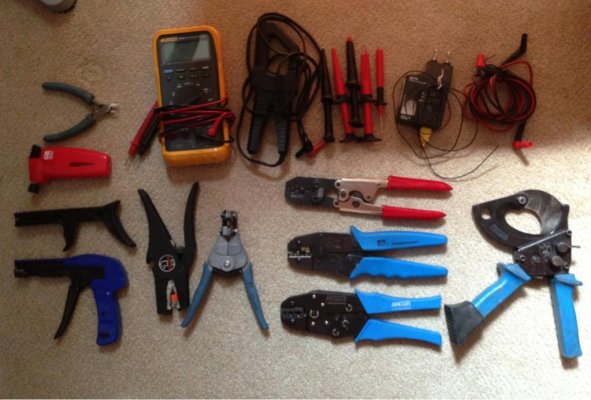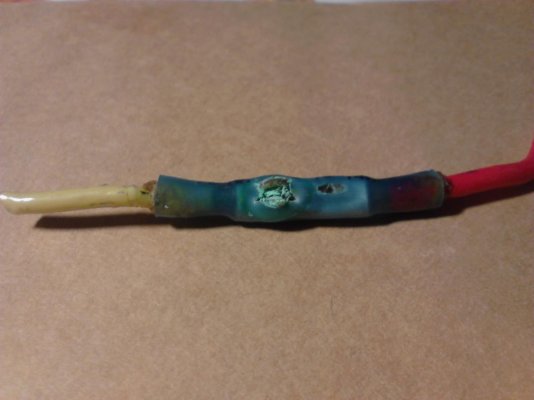Never seen a pro use Kleins and I know a quite a few marine and land; but they are widely distributed so easy to buy, so can't dismiss them and a few people here like them, so there you go. As for Harbor Freight, I dunno, I regard wiring as a mission critical activity. I wouldn't get much solace suffering from a failed connection while out at sea by consoling myself with "hey at least I saved 50 bucks on that crimper!".
Read the article on the HF battery crimper by Compass marine... a sobering tale.
Making Your Own Battery Cables Photo Gallery by Compass Marine How To at pbase.com
You have never seen a pro use Klein tools?
I have been working as a electrician since 1995 and licensed in 3 states since 2005. Working off shore since 2008 . I have worked with many companies in many industries and every co worker ( fellow electrician's) have always had some form of Klein tool on them.. Klein pretty much founded the electrical market of hand tools.... In america that is.
I would be interested to see what your friends are using for there hand tools






